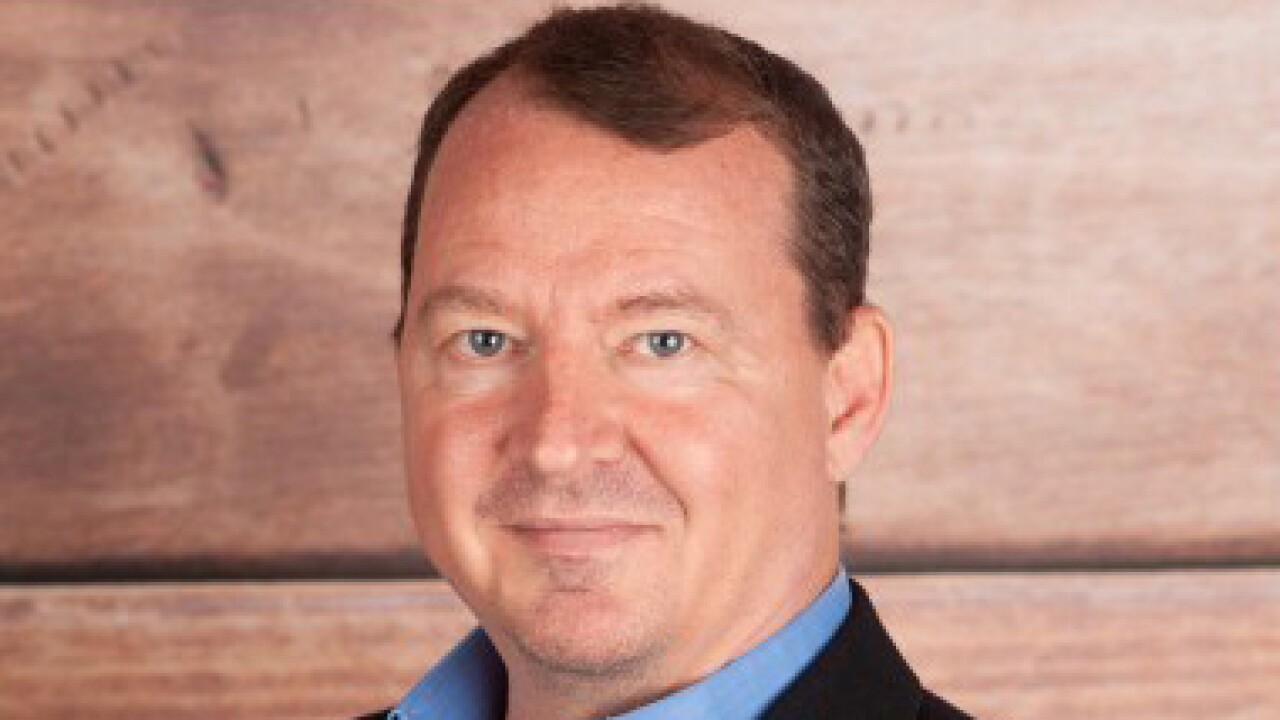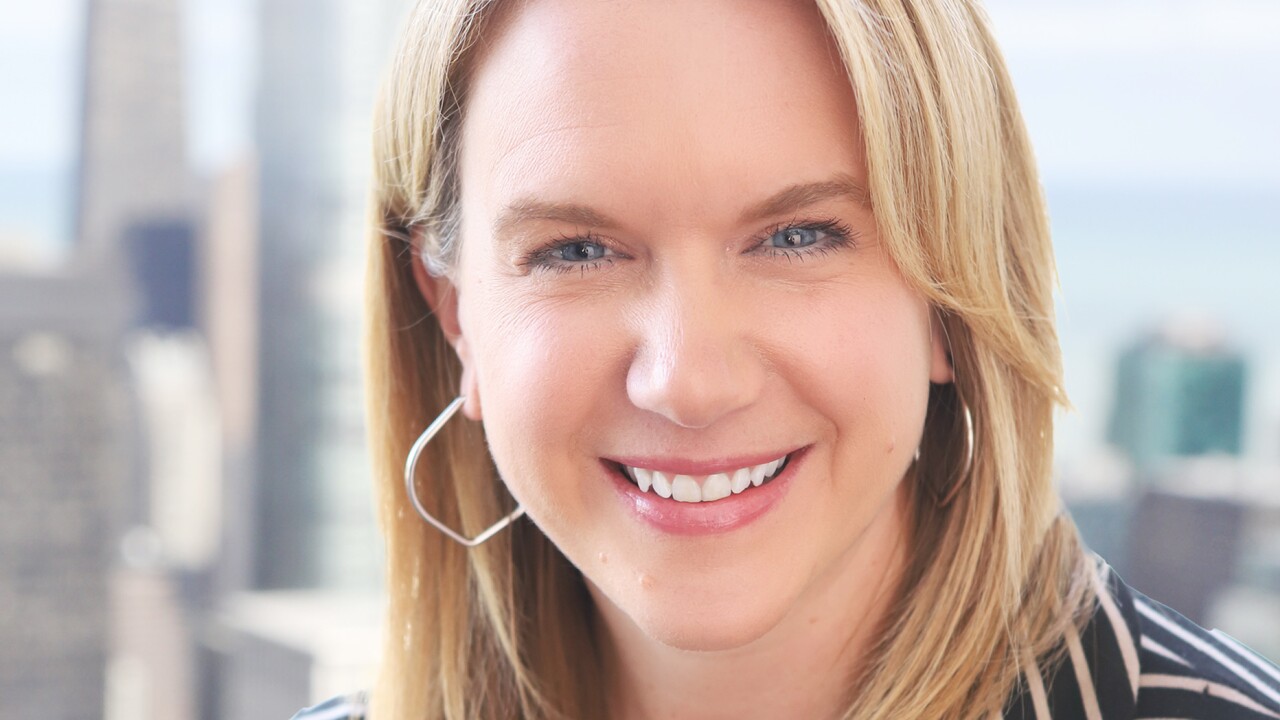PrepaYd Inc., a marketer of prepaid debit cards that operates under the name Bank Freedom, soon will begin offering its customers prepaid wireless phones and service to help create more customer retention around its card products, PaymentsSource has learned.
The Newport Beach, Calif.-based company announced June 21 it opened its own customer call center to service new and existing customers. But PrepaYd also will use the call center to upsell prepaid wireless phone plans this fall, company CEO Bruce Berman told PaymentsSource in an interview.
Consumers will receive a $5 discount on their monthly bill if they use the Visa-branded Bank Freedom prepaid debit card to pay for wireless phone service, Berman said.
“A cell phone user’s life is significantly more lengthy than that of a prepaid cardholder,” Berman said. “By combining the two, we think we’ll prolong the life of [the relationship with] a prepaid cardholder.”
Combining prepaid phone services with a card is not a new concept, according to Ben Jackson, a senior analyst in the prepaid advisory service at Mercator.
Kmart, a subsidiary of Sears Holding Corp., at one time offered a closed-loop prepaid card with AT&T Inc. consumers loaded with funds to buy long-distance minutes and goods in stores, Jackson said.
Jackson believes PrepaYd’s foray into prepaid wireless is logical, however. “It makes sense to target prepaid wireless customers because they understand the prepaid concept,” he said. “They have an intuitive understanding of the way prepaid works.”
Berman also believes the phones will help introduce the company’s cardholders to mobile payments.
“If you’re a prepaid card company and a prepaid wireless provider, you’re getting ahead of the game,” Berman said. “This is a [mobile] payments move.”
PrepaYd plans to start marketing the phones in September or October, Berman said. The company already has a partnership with an undisclosed mobile-network operator, he added.
“We were able to contract with one of the largest [mobile-network operators] in the country because they’re using us as a test program to see if this is a good marketing tool,” Berman said.
The phone offerings include those powered by Google Inc.’s Andriod operating system that Berman is using to show business contacts. “If I can’t use it, then you’re not going to convince the average person to use it,” he said.
PrepaYd believes its program will succeed based on internal research the company conducted the past few months. Based on survey results, Berman believes “we’ll get a worthwhile percentage of our existing cardholders to get our prepaid phone.”
PrepaYd also is developing a mobile application.
Berman said PrepaYd would not just market the phones exclusively to the underbanked or unbanked consumers. “Some people that get prepaid phones don’t do it because they are unbanked,” he said. “They do it because it’s cheaper.”
PrepaYd’s plan is the type of strategy that can have implications for teenagers, who are unbanked and underserved but not necessarily without access to cash, Jackson said. “It’s that idea that you don’t want a child running up [a large text bill]; here’s the prepaid phone and here’s your allowance on the prepaid card,” he added.





